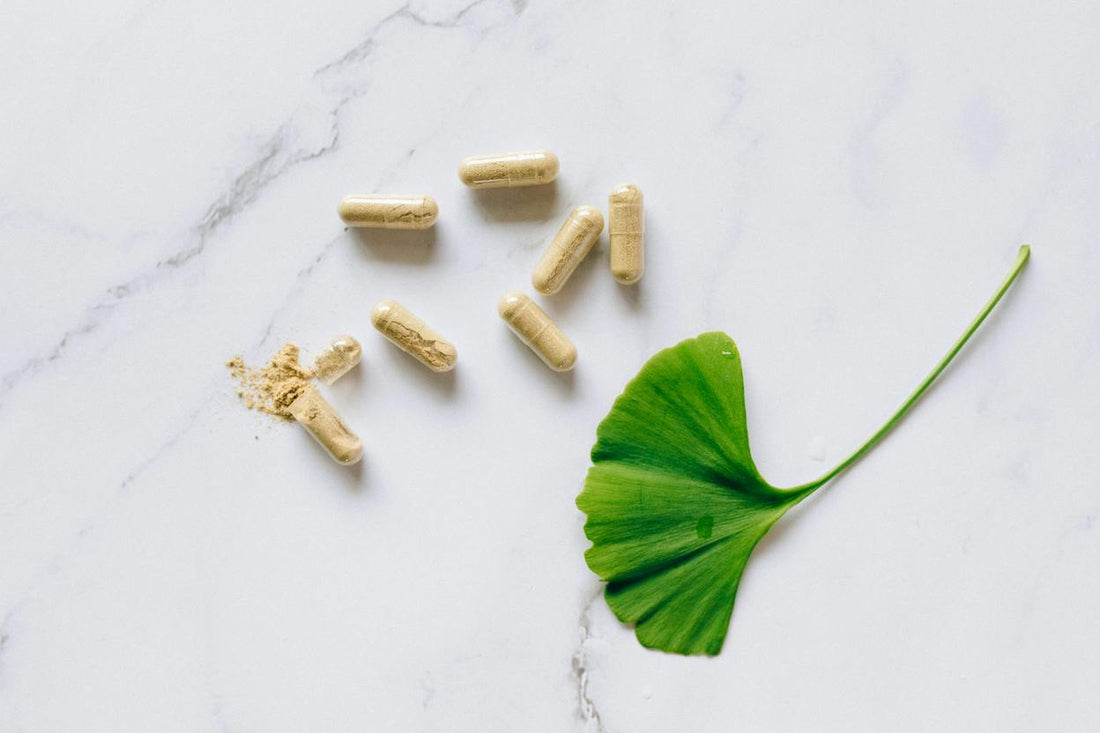When comparing capsules, gummies, and tablets, capsules often emerge as the preferred choice for several reasons. Here’s a breakdown of why capsules are often considered better:
1. Bioavailability and Absorption:
- Capsules: They can dissolve quickly in the stomach, allowing for faster and often more complete absorption of the active ingredients. They can also be designed to release their contents in specific areas of the digestive tract, enhancing bioavailability.
- Gummies: The absorption of nutrients from gummies can be slower and less predictable due to the gel-like substance that needs to be broken down.
- Tablets: While tablets can also be effective, their dissolution rate can vary. Some tablets may pass through the digestive system without fully disintegrating, reducing the amount of active ingredient absorbed.
2. Ingredient Stability:
- Capsules: They provide an airtight and light-resistant environment, which helps preserve the potency and stability of the ingredients, especially those sensitive to air and light.
- Gummies: They often contain more additives, like sugars and gelatin, which can impact the stability of the active ingredients. They are also more susceptible to changes in temperature and humidity.
- Tablets: Tablets can offer good stability, but they may contain more fillers and binders that could affect the stability of the active ingredients over time.
3. Purity and Additives:
- Capsules: Generally contain fewer additives compared to gummies and tablets. They typically consist of the active ingredient and a minimal amount of excipients, making them a purer option.
- Gummies: Often include sugars, artificial flavors, colors, and other additives to make them palatable. These extra ingredients can be undesirable for those looking to avoid unnecessary additives.
- Tablets: While tablets can be formulated to be free of many additives, they often contain binders, fillers, and coatings that some people prefer to avoid.
4. Ease of Swallowing:
- Capsules: Usually smooth and easier to swallow than tablets. They can also be opened and the contents mixed with food or drink if swallowing is an issue.
- Gummies: Very easy to chew and swallow, making them a popular choice for children and those who have difficulty swallowing pills.
- Tablets: Often larger and harder to swallow than capsules, and they can have a chalky texture.
5. Dosage Accuracy:
- Capsules: Provide precise dosing of the active ingredients, ensuring consistency in each dose.
- Gummies: Dosage can be less precise due to variability in the size and composition of each gummy.
- Tablets: Generally provide accurate dosing, but the hardness and coating can sometimes affect the rate of absorption.
6. Taste and Palatability:
- Capsules: Typically tasteless, which is beneficial for those who are sensitive to strong flavors.
- Gummies: Often flavored and sweetened, making them more enjoyable to consume, but this can be a downside for those avoiding sugars.
- Tablets: Can have an unpleasant taste if not coated, and even coated tablets can leave a bad aftertaste.
Conclusion:
While gummies are popular for their taste and ease of consumption and tablets are widely used for their stability and cost-effectiveness, capsules often offer the best balance of bioavailability, ingredient stability, purity, and ease of swallowing. This makes them a superior choice for many individuals seeking to maximize the benefits of their supplements.
With our commitment to quality, expertise, and effectiveness, Locohol® is leading the way in redefining the art of hangover relief. That is why we insist on giving you the most from your supplement by designing it in a capsule form.
Find out how else Locohol is different in redefining hangover relief for the modern consumer.

